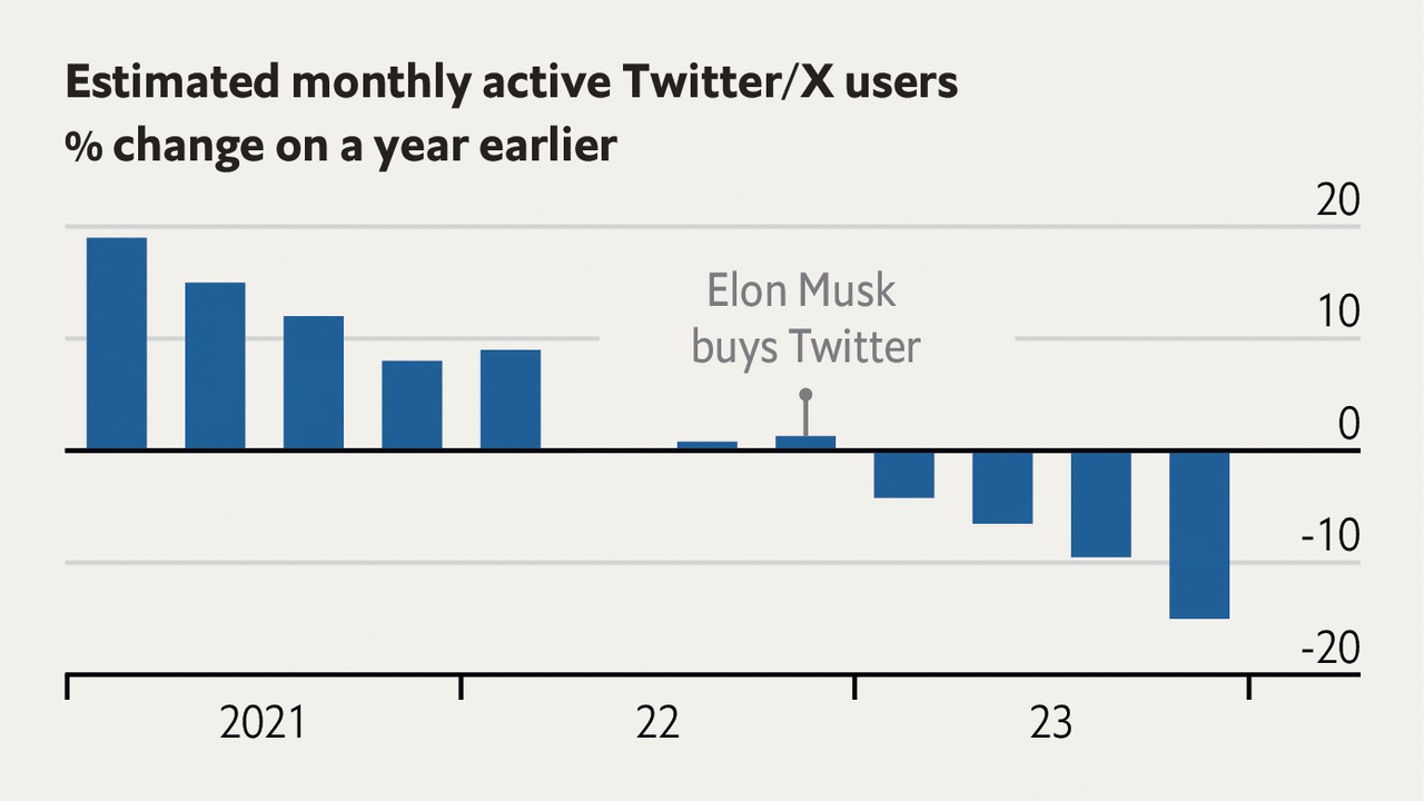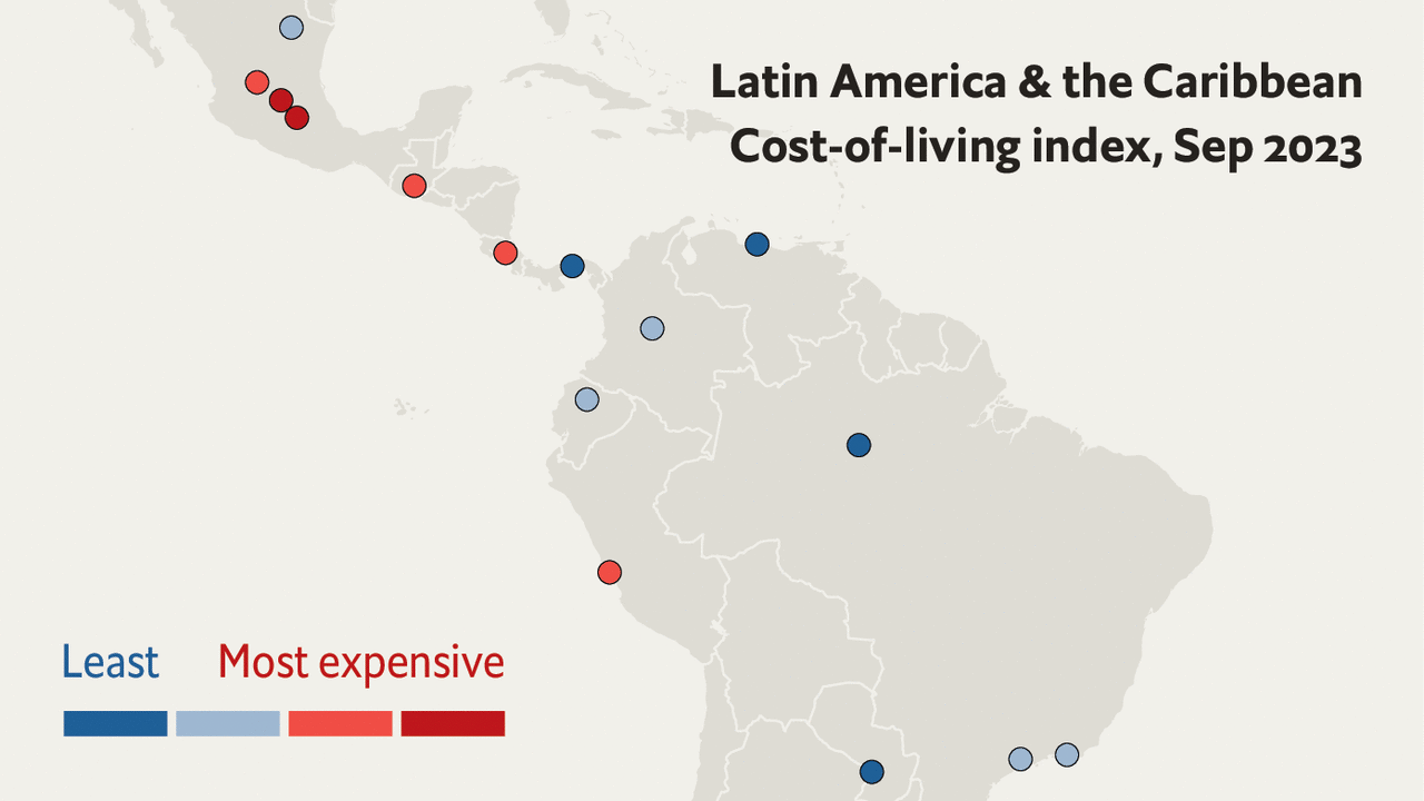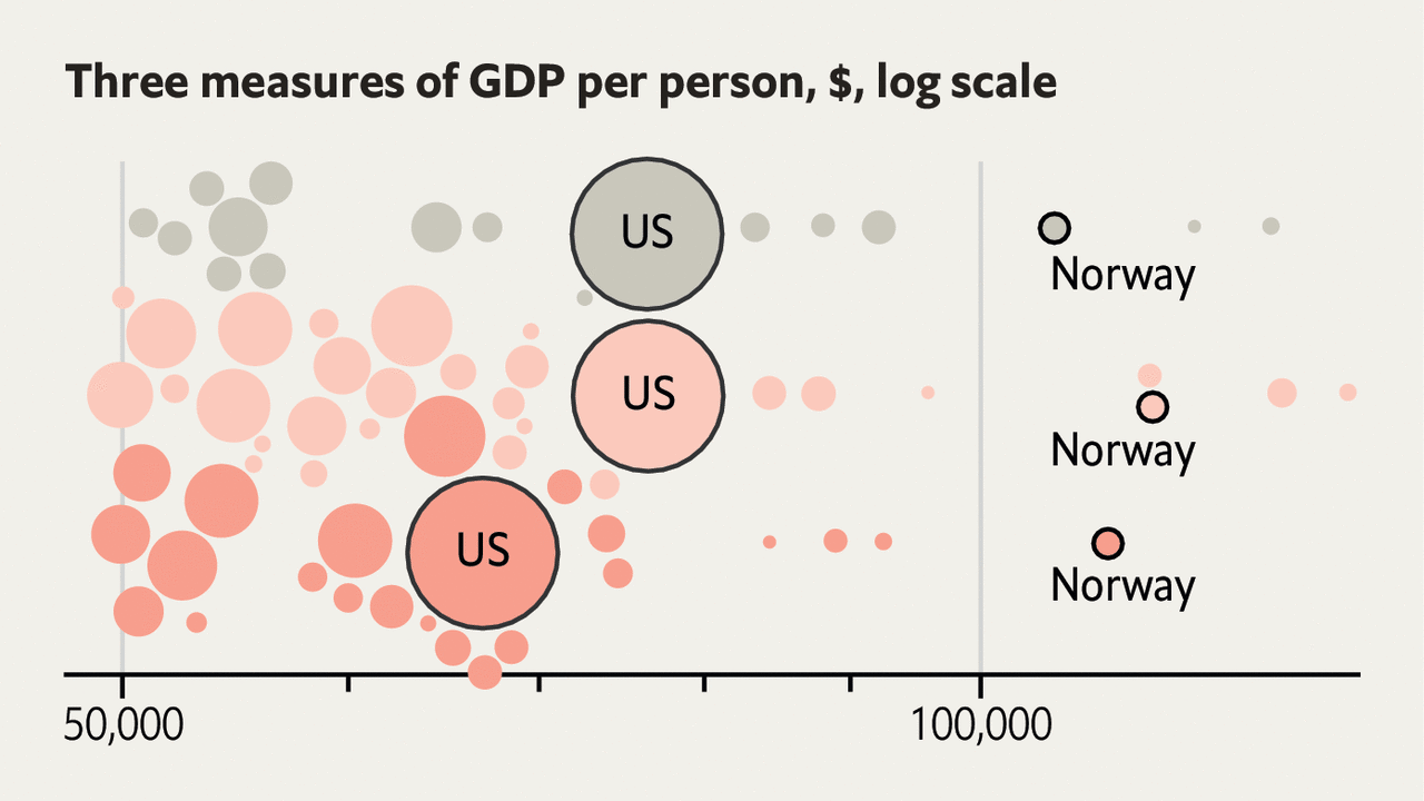How many books will you read before you die?
And tips for choosing the best ones
CHOOSING YOUR next book can be a daunting task. Do you go with one that will broaden your worldview and pique your imagination? Perhaps a neglected classic, or the newest sensation? Or, defying the snobs, do you indulge in a salacious romp? The choice is all the more daunting when you consider how much reading time you have left in a lifetime. Calculating this might strike you as morbid. But The Economist dived in with glee. Our back-of-the-envelope calculations show how many books you can still hope to read—and how to make time for the best ones.
We started by asking 1,500 Americans about their reading habits with help from YouGov, a pollster (see chart 1). Only 54% of respondents said they read or listened to a book in 2023. Of those who did, the average was 11 books. By that count, if a seven-year-old began reading in 2023, they would get through roughly 770 books in their lifetime, according to actuarial tables. A 30-year-old might have around 500 left to read. And someone in their 70s might be down to their last 100.
Even a more voracious reader, who lives well into old age, would struggle to scale the mountain of books in existence. By some rough estimates there have been 160m unique titles published since the widespread adoption of the printing press in the 15th century. One would struggle to get through more than 0.003% of the total, even if reading a book a week (which only 4% of our respondents managed in 2023).
Don’t panic. These gloomy numbers suddenly look much better if you remember Sturgeon’s law, coined by an eponymous (and jaded) sci-fi author: “90% of everything is crap.” If you filter out the guff we reckon the average seven-year-old has plenty of time to get through a solid selection of fabulous books.
To calculate this we scraped a list of critically acclaimed titles from 1000bookstoread.com, a site based on a book of the same name by James Mustich. Then, with the help of howlongtoread.com, a search engine, we created a rough estimate for how long it would take to get through the roughly 900 books for which we found the data.
If you read 11 books a year, it would probably take you 84 years to finish our rough list of classics. Other estimates find that Americans read for 15 minutes a day, in which case you would need 102 years. But read daily for half an hour, and we reckon you could complete it in 51 years (see chart 2). A young reader might start with Beatrix Potter’s “The World of Peter Rabbit”, easily finished in a couple of days, and end with a 92-day slog through Leo Tolstoy’s “War and Peace” aged just 58. If they manage to set aside one hour of reading a day, we reckon they could get to the novel decades earlier, in their 30s, and spend most of their adulthood on yet-to-be-published masterpieces.
If the 46% of people in our survey who didn’t manage to read a single book in 2023 put off reading until retirement, they may only get through a third of the acclaimed-books list. (If they tackled the books alphabetically, they might be lost in the world of Robert Louis Stevenson’s “Kidnapped” around the time they leave this one.)
Our list is not a definitive canon of literature. Psychological horror may not be your thing, so ditch “The Silence of the Lambs”. If you find obscure medieval literature a bore, toss aside “The Sagas of Icelanders” and reclaim 39 days of your life. As John Irving, an American novelist, once said, “Grownups shouldn’t finish books they’re not enjoying.” ■
More from Graphic detail

Has Twitter (now X) become more right-wing?
Our analysis of the platform’s political centre of gravity

Why are cities in Latin America getting more expensive?
In this year’s cost-of-living index they rose by an average of 13 places

The world’s richest countries in 2023
Our ranking compares economies in three different ways